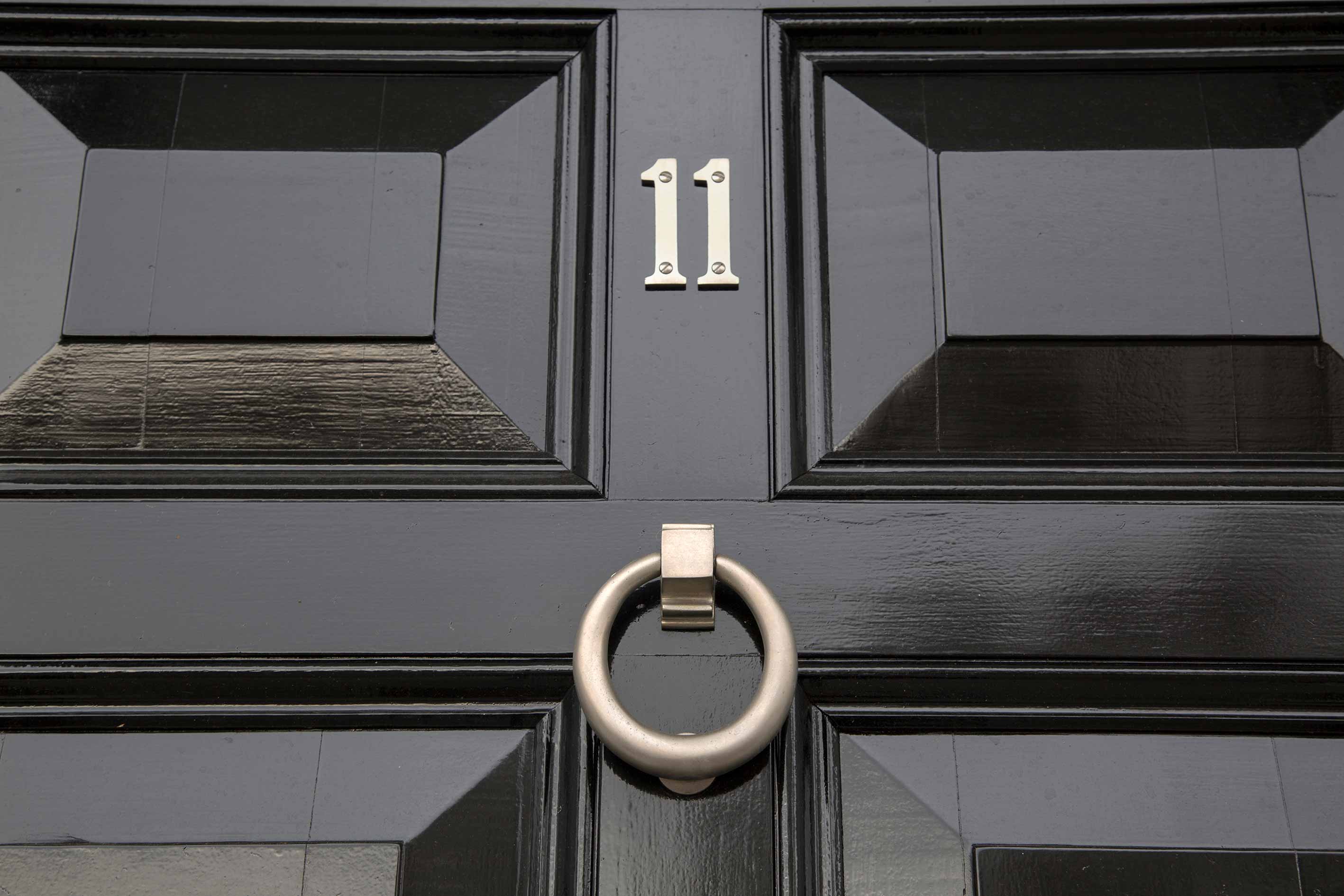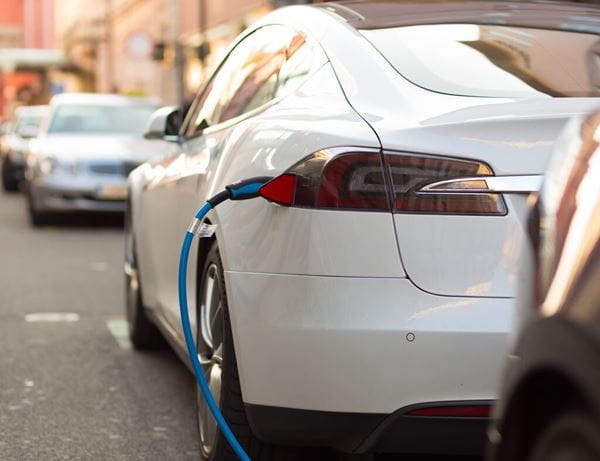
Autumn Statement 2022
‘The big questions still remain unanswered’ – LeasePlan, Responding to the Chancellor’s Autumn Statement.
In his Autumn Statement (17.11.22) Chancellor Jeremy Hunt announced a statement that focused on “Stability, growth and public services”. In this article Matthew Walters, Head of Consultancy and Data Services, LeasePlan UK provides five key observations on the changes that will affect fleets and drivers.
1. Economic situation:
“The forecasts contained in the Chancellor’s Autumn Statement only confirmed what we knew: the UK economy is already in recession and faces a couple of difficult years ahead. This will be a challenging time for businesses, families and individuals, as we all grapple with rising prices and other financial demands.
“However, the fleet industry is well placed to meet – and overcome – these challenges. Not only have we overcome similar challenges in the past, but we will also be one of the major drivers of growth in the years to come. Fleets account for thousands of jobs and enable £billions’ worth of business to happen. They are also leading the transition to newer, cleaner forms of motoring.
“This is why we are eager to work with Jeremy Hunt – now and in future. Fleets, he’ll find, are an essential part of the UK's recovery from recession.”
2. Company Car Tax:
“At last! We finally have the rates of Company Car Tax (CCT) for 2025-26 and beyond. Given that fleets are now entering into contracts that reach into those years, having this clarity is a welcome development.
“We note with particular interest the new rates for Electric Vehicles (EVs). They will rise slowly by 1 percentage point a year to a high of 5% in 2027-28, which is the final year for which we now have certainty. PHEVs will also see their rates increase by 1 percentage point a year.
“Happily, these are much lower numbers than some of those that were being mooted in advance of the Autumn Statement – and for that we are grateful.
“But we would question, in general, whether the Chancellor is wise to raise money by mortgaging the future. EVs are still a technology that needs supporting, rather than burdening ahead of time.”
3. Vehicle Excise Duty:
“Until now, EVs have been exempt from paying VED. But that is now set to change. As of 2025, they won’t just have to pay the low first-year rate of £10 and then a standard annual rate of £165, they will also be subject to the additional rate for vehicles worth over £40,000.
“Given that EVs tend to have higher sticker prices than their fossil-fuelled counterparts, this threatens to be a hefty new tax for electric motorists. Let’s hope that manufacturers continue to drive down list prices in the coming years.
“Of course, we have concerns about what this means for the pace of electrification. But we are also concerned about what it means for the future of vehicle taxation. Is Hunt just going to keep on dragging EVs into the current tax systems and making them pay more? Or is he going to properly reform vehicle taxation, perhaps to include elements such as Road Pricing, so that it is properly fit for the 2020s and beyond?
“There has been speculation that the Treasury is working on wholesale reforms. There was even speculation that a consultation on Road Pricing would be launched today. But, once again, nothing materialised. The Chancellor should be careful: this is a problem that he cannot afford to ignore.”
4. Fuel Duty:
“The Chancellor gave no word on Fuel Duty, which suggests that he’s decided to implement next March’s planned increase to the levy. This increase could include a reversal to the 5p cut that Hunt’s predecessor, Rishi Sunak, introduced earlier this year, as well as an inflationary component. Indeed, the Office for Budget Responsibility warns, in its supporting documentation, that ‘It is expected to raise the price of petrol and diesel by around 12 pence a litre’.
“Given the state of the public finances, this would be an unsurprising move from the Chancellor. However, it would also be a significant new burden on household and business budgets – and at a particularly difficult time.
“What’s more, this measure is only a temporary solution to the bigger question facing the Treasury: where’s the money going to come from as more and more drivers go electric?”
5. Other EV-related measures:
“Although the Chancellor has imposed new and higher taxes on EVs in this Autumn Statement, he has also introduced some measures that will make the transition easier.
“One of these is the extension to 2025 of the 100% first-year allowance for companies installing charge points. But more significant by far is the confirmation that the energy price cap will be set at £3,000 a year from April 2023 to March 2024. This will help to keep the whole life costs of EVs down – and protect fleets and motorists from the worst fluctuations of the energy market.”
“However, it should be noted that AER - Advisory Electric Rate (the rate at which companies pay company car mileage for EVs) has been increased to 8ppm from 5ppm from December 2022 and the Government have aligned the review of the rate to the AFR (Advisory fuel rate for petrol and diesel), which are decided upon quarterly.”

.jpg?rev=3adbd558867c4d92bf9f22752f12a09c&mw=600)

